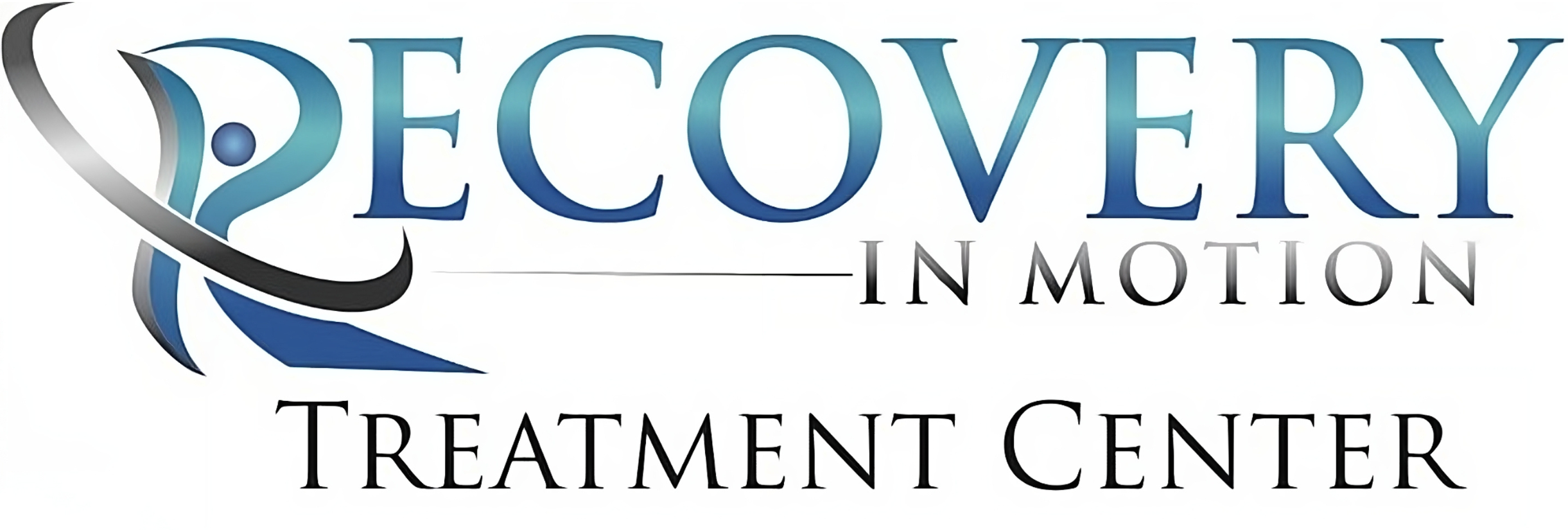
How Residential Drug Treatment Programs Benefit Society
Currently, one out of four high school students has a problem with drinking. A third of students have tried an illegal drug. Alcohol and drugs negatively impact school systems and lead to problems in the workplace later on. In addition, 10 to 23% of workers use drugs on the job. As a result, these employees and their co-workers have a higher risk of accidents and injuries while they are at work. While only the addicted individual suffers the addiction, all of society feels the repercussions. Once these people enter recovery, they can return to being productive members of society again.
Residential Drug Treatment Programs and Family Bonding
For the families affected by drug addiction, treatment programs are one of the first ways that they start to heal. Over the course of an addiction, addicted individuals may have stolen items or money for drugs. Often, these people prioritize their addiction over everything in their life. As a result, family relationships and trust are left behind. Once patients end their addiction, they are able to rebuild these connections in family therapy. Family members are also able to recognize the ways they enabled the drug use and welcome their loved one back into the family.
Children are particularly harmed by drug abuse. Studies show that children of substance abusers are more likely to be abused or neglected than their peers. They may lack proper immunizations, medical care or dental care. Even basic necessities like shelter, food and water may be forgotten in the rush to get another fix.
Preventing Disease
According to the Centers for Disease Control and Prevention, 123,235 adults with AIDS in 2003 developed the disease after injecting drugs. While this disease obviously impacts the individual, it can also be spread to loved ones and other drug users. By getting clean, individuals are preventing blood-borne illnesses that could spread to the people that they care about.
Many of the problems associated with drug abuse are reduced or eliminated once the addicted individual becomes sober. While getting clean is rarely easy, residential treatment centers can help. If you or a loved one needs help with an addiction, contact Recovery in Motion at (866) 418-1070 today.




